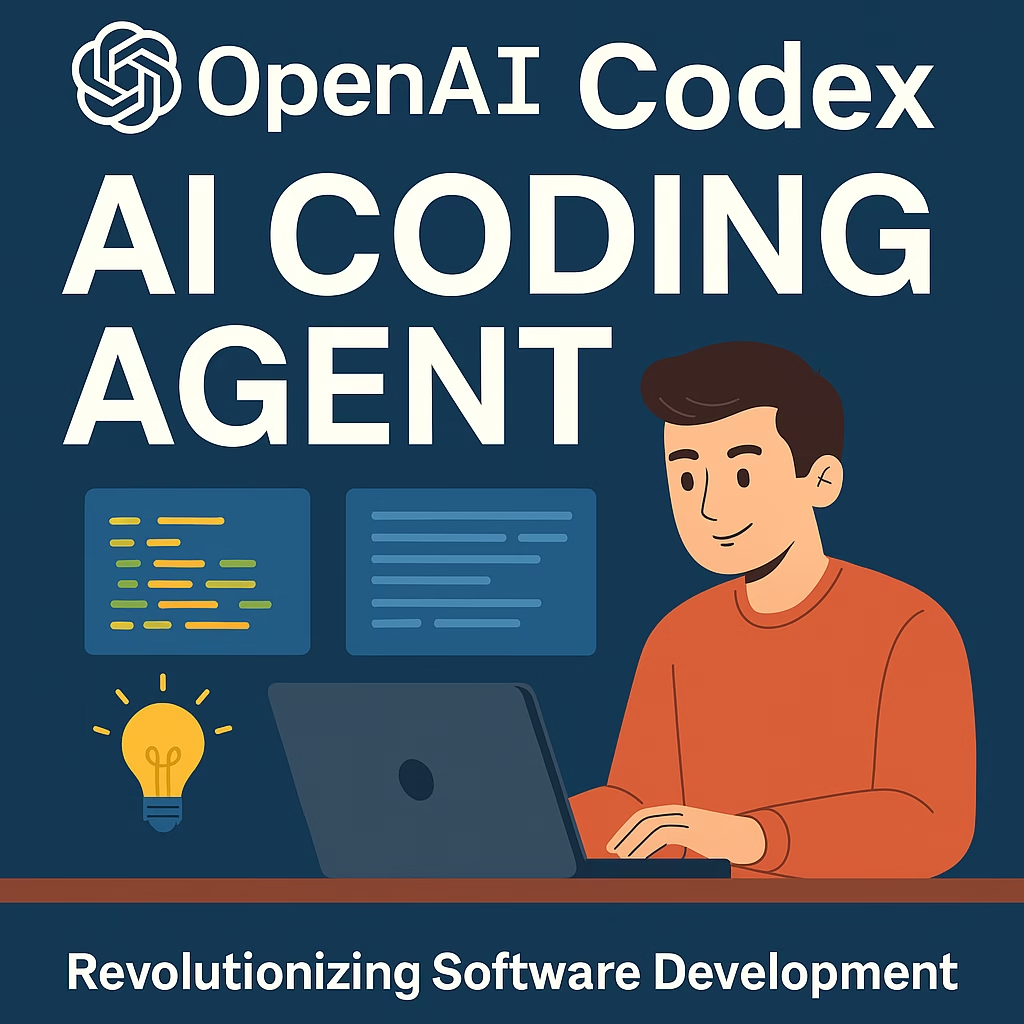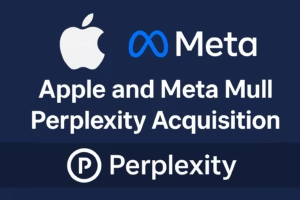OpenAI's Codex: Revolutionizing Software Development with AI

In a significant leap forward for artificial intelligence and software development OpenAI has unveiled Codex which is an AI-powered coding agent designed to assist and potentially transform the way software engineers work. This development has sparked discussions across the tech industry about the future role of AI in programming and its implications for software engineers worldwide.
1. What is Codex?
Codex is OpenAI’s latest AI agent that is introduced as a research preview aimed at automating various aspects of software development. Built upon OpenAI’s advanced language models Codex is capable of understanding natural language prompts and translating them into functional code across multiple programming languages. Its capabilities extend beyond mere code generation. Codex can also identify bugs, suggest improvements and even execute code within a controlled environment.
2. Key Features of Codex
1) Natural Language Processing for Code Generation:
Codex leverages natural language processing to interpret human language and generate corresponding code snippets. This feature allows developers to describe the functionality they desire in plain English and Codex translates that into executable code thereby streamlining the development process.
2) Bug Detection and Fixing:
Beyond code generation, Codex can analyze existing codebases to detect potential bugs and suggest fixes. This proactive approach to debugging can significantly reduce the time developers spend identifying and resolving issues.
3) Code Execution in a Virtual Environment:
Codex operates within a sandboxed virtual environment, enabling it to execute code safely. This feature allows for testing and validation of code snippets without risking the integrity of the main development environment.
4) Integration with ChatGPT:
Codex is integrated into OpenAI’s ChatGPT platform, providing users with an interactive interface to engage with the AI agent. This integration facilitates a conversational approach to coding where users can iteratively refine their code through dialogue with Codex.
3. Potential Impact On Software Engineers
The introduction of Codex has led to discussions about its potential to replace software engineers. While Codex is a powerful tool, it is essential to understand its role as an assistant rather than a replacement.
1) Enhancing Developer Productivity:
By automating routine coding tasks, Codex allows developers to focus on more complex and creative aspects of software development. This shift can lead to increased productivity and innovation within development teams.
2) Lowering the Barrier to Entry:
Codex’s ability to interpret natural language and generate code can make programming more accessible to non-developers. This democratization of coding could lead to a broader range of individuals contributing to software development projects.
3) Redefining the Role of Software Engineers:
As Codex handles more routine tasks, the role of software engineers may evolve to focus more on system design, architecture and strategic decision making. This shift emphasizes the importance of human oversight and creativity in the development process.
📌RELATED ARTICLE:
https://smartaitools.tech/microsoft-lays-off-developers-ai-replaces-coders/
4. Industry Adoption and Use Cases
1) Accelerated Development Cycles:
By automating code generation and debugging, Codex can significantly reduce development timelines thus allowing companies to bring products to market faster.
2) Improved Code Quality:
Codex’s ability to suggest improvements and detect bugs contributes to higher code quality thereby reducing the likelihood of errors in production environments.
3) Enhanced Collaboration:
With its integration into ChatGPT, Codex facilitates better collaboration among team members by providing a shared platform for code discussion and refinement.
5. Ethical Considerations and Limitations
1) Job Displacement Concerns:
The automation of coding tasks raises concerns about job displacement among software engineers. However, it is more likely that Codex will augment human capabilities rather than replace them entirely thus shifting the focus of engineering roles.
2) Dependence on AI:
Over reliance on AI tools like Codex could lead to a decline in fundamental coding skills among developers. It is essential to maintain a balance between leveraging AI assistance and preserving core programming competencies.
3) Security and Privacy:
As Codex accesses and processes codebases, ensuring the security and privacy of sensitive information is paramount. Implementing robust security measures and access controls is necessary to mitigate potential risks.
6. Future of AI In Software Development
1) Collaborative Development Environments:
Future development environments may feature seamless collaboration between human developers and AI agents thereby fostering a more efficient and innovative coding process.
2) Continuous Learning and Improvement:
AI agents like Codex can continuously learn from interactions and feedback which will lead to ongoing improvements in their capabilities and performance.
3) Expansion into Other Domains:
Beyond software development, AI agents may extend their assistance to other domains such as data analysis, system administration and cybersecurity thus further transforming the tech landscape.
7. Conclusion
OpenAI’s Codex represents a significant advancement in the integration of AI into software development. By automating routine tasks and enhancing productivity, Codex has the potential to reshape the role of software engineers and the development process as a whole. While ethical considerations and limitations exist, the collaborative potential between human developers and AI agents like Codex offers an exciting glimpse into the future of programming.
You Might Also Like


